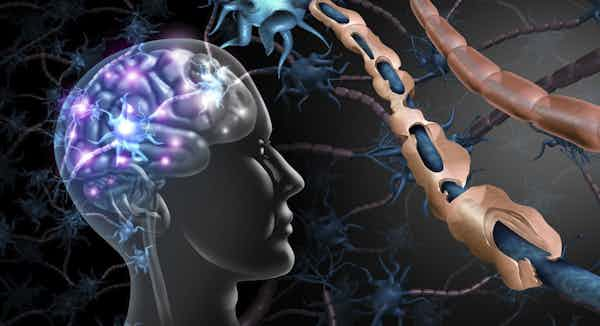
Physical therapy plays a crucial role in the management of Multiple Sclerosis (MS) by addressing the specific challenges and symptoms associated with the condition. Here are several ways in which physical therapy can help individuals with MS:
Mobility Improvement:
- Physical therapists work to enhance mobility by focusing on exercises that improve strength, flexibility, and coordination. This can help individuals with MS maintain or regain their ability to walk and move more effectively.
Balance and Coordination Training:
- MS often affects balance and coordination. Physical therapists design exercises and activities that target these areas, helping individuals improve their balance and reduce the risk of falls.
Strengthening Exercises:
- Weakness in the muscles is common in MS. Physical therapists develop tailored strengthening exercises to address specific muscle groups, promoting overall strength and function.
Range of Motion Exercises:
- MS can cause stiffness and reduced range of motion in joints. Physical therapy includes exercises aimed at maintaining or increasing joint flexibility, preventing contractures and improving overall movement.
Gait Training:
- For those experiencing difficulty with walking, physical therapists employ gait training techniques. This involves specific exercises and activities to improve walking patterns and make the process more efficient.
Pain Management:
- Physical therapists use various techniques to manage pain associated with MS. This may include manual therapy, stretching, and other modalities to alleviate discomfort and improve overall well-being.
Adaptive Equipment and Assistive Devices:
- Physical therapists assess the need for and recommend appropriate adaptive equipment and assistive devices. These tools can enhance independence and make daily activities more manageable for individuals with MS.
Functional Training:
- Physical therapy focuses on real-world, functional activities. Therapists work with individuals on tasks relevant to their daily lives, such as getting in and out of bed, dressing, or reaching for objects.
Fall Prevention:
- By addressing balance, coordination, and strength, physical therapy helps reduce the risk of falls. Therapists may teach strategies to recover from a potential fall or work on exercises to improve reaction time.
Energy Conservation Techniques:
- Fatigue is a common symptom of MS. Physical therapists educate individuals on energy conservation techniques to help them manage their energy levels throughout the day, optimizing function and reducing fatigue.
Educational Support:
- Physical therapists provide education on MS, its progression, and symptom management. They empower individuals to better understand and actively participate in their care.
Individualized Exercise Programs:
- Every person with MS is unique, and physical therapists design individualized exercise programs that consider the specific needs, abilities, and goals of each individual.
In summary, physical therapy for MS is a comprehensive approach that aims to maximize an individual's physical function, manage symptoms, and improve overall quality of life. The personalized nature of physical therapy allows for tailored interventions that address the unique challenges faced by individuals with Multiple Sclerosis.
